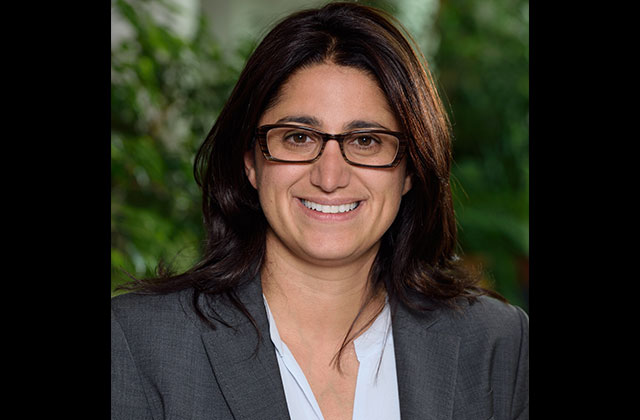The president’s Muslim ban hit home for many across the United States, rallying thousands to protest at airports immediately following the announcement January 27. For Dr. Mona Hanna-Attisha, the pediatrician in Flint, Michigan who helped expose the city’s water crisis, the ban signaled an attack on the American dream—something she fights to protect today and something she sought when she immigrated here 37 years ago.
Hanna-Attisha penned a column for The New York Times that was published this weekend (February 11). She wrote:
These days, along with others in the community, I spend my time trying to make sure that the American dream is still a possibility for this city’s kids. We are hoping to reduce the harm stemming from their exposure to lead with a model public health program of family support, home visits, early education, school health services, nutrition, health care access and more.
But as a first-generation Iraqi immigrant, and as a doctor whose job is to train other doctors, many of them immigrants themselves, I fear that the American dream is corroding. I worry about the impact of President Trump’s travel ban, for the moment blocked by court order, and how the Republican Congress will handle immigration issues.
As she states, more than 10,000 U.S.-based, licensed physicians graduated from medical school in the seven countries listed in the ban: Syria, Yemen, Somalia, Libya, Iraq, Iran and Sudan. And 25 percent of practicing physicians in the United States are international graduates. The visa program to bring in these doctors has sent “nearly 10,000 physicians into rural and urban underserved communities,” reports the Association of American Medical Colleges.
Hanna-Attisha goes on:
What our country stands to lose by walls and bans, in talent, drive, creativity and entrepreneurship, is staggering, but the personal toll is greater. In 1980, my family arrived here full of hope, trading a future of war, fascism and oppression for one of peace, freedom and opportunity. My parents are secular progressives, dissidents who opposed Saddam Hussein’s increasingly murderous and autocratic regime. A future in Iraq might have included imprisonment or death at the hands of the government. It is through these everyday-grateful immigrant eyes that I first saw our country as a four-year-old and still see it today.
But the Iraqi four-year-olds of today can’t look at the United States in the same way Hanna-Attisha did. For now, children of these nations remain outside, “scared and tired,” Hanna-Attisha writes, but with eyes “fresh” and “wide.”
Read the full column here.
